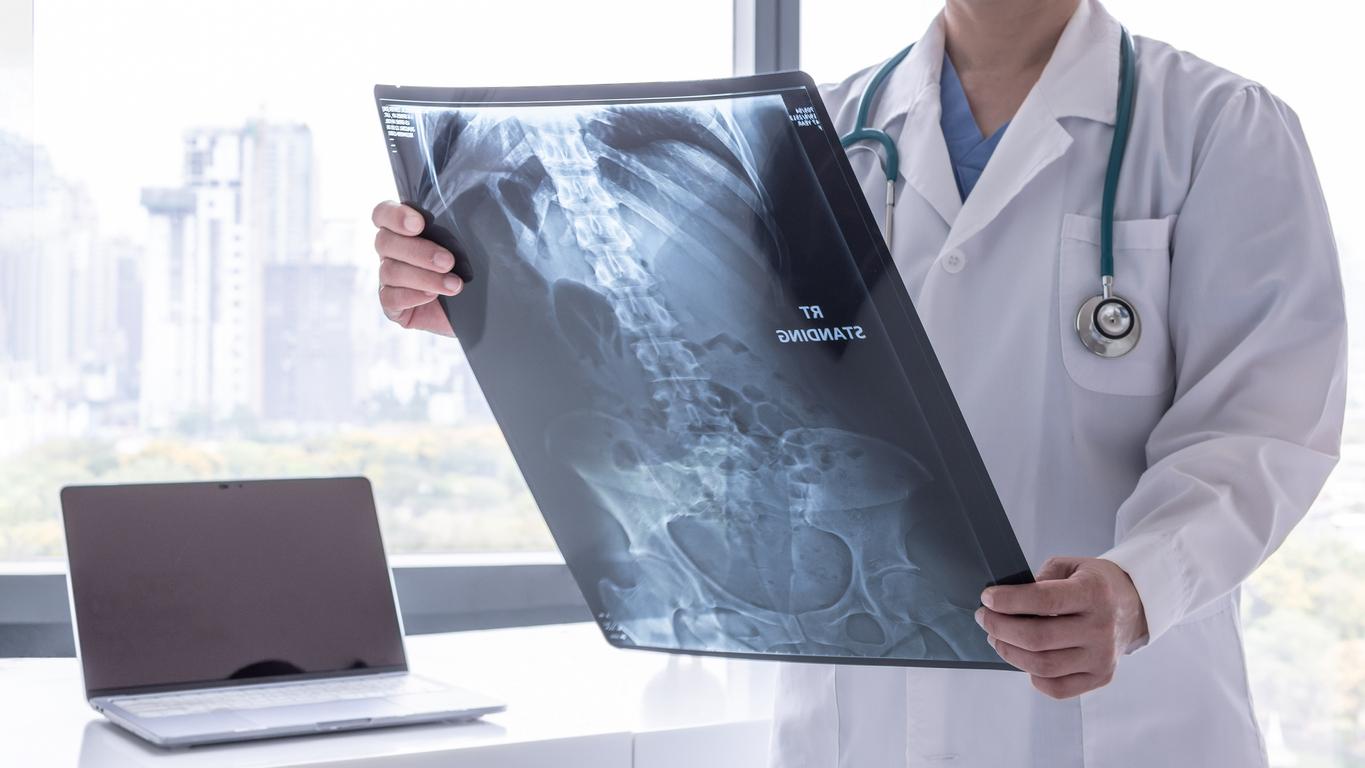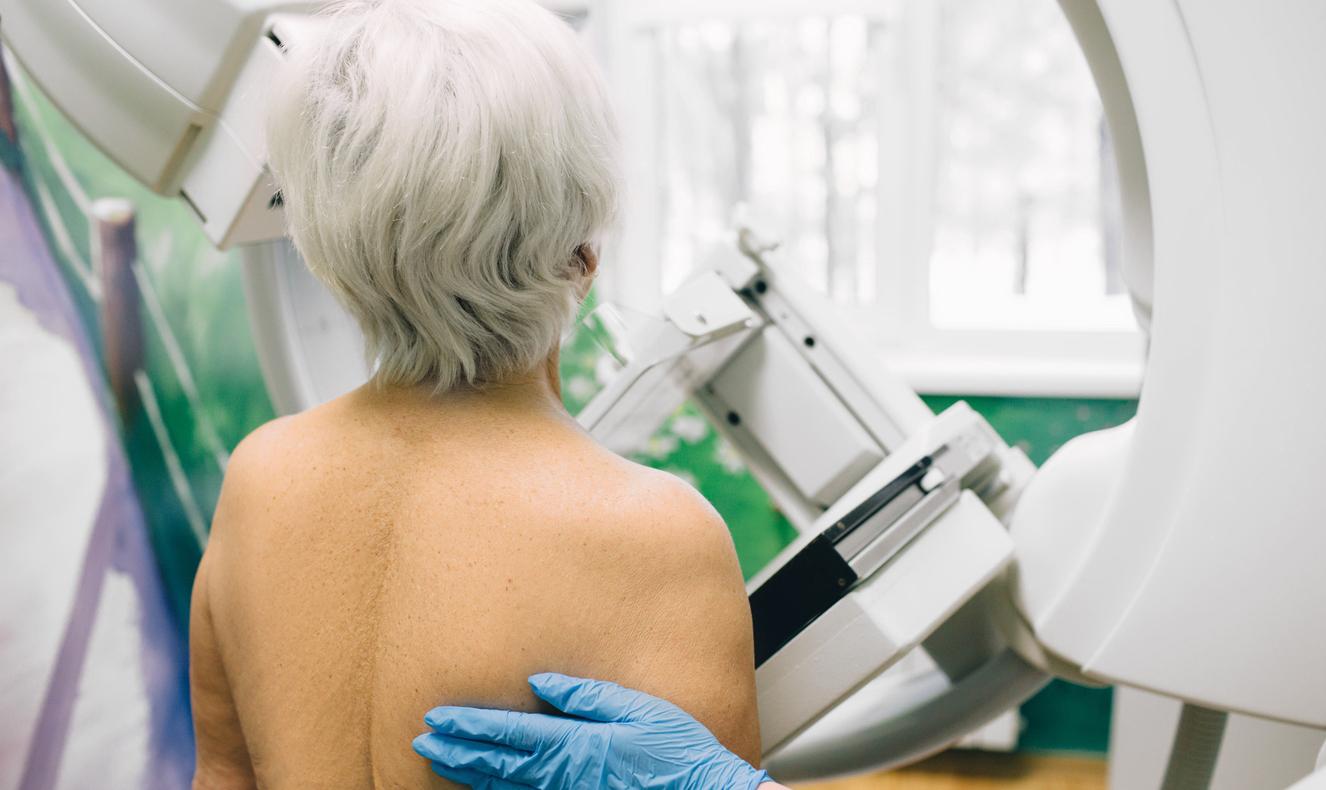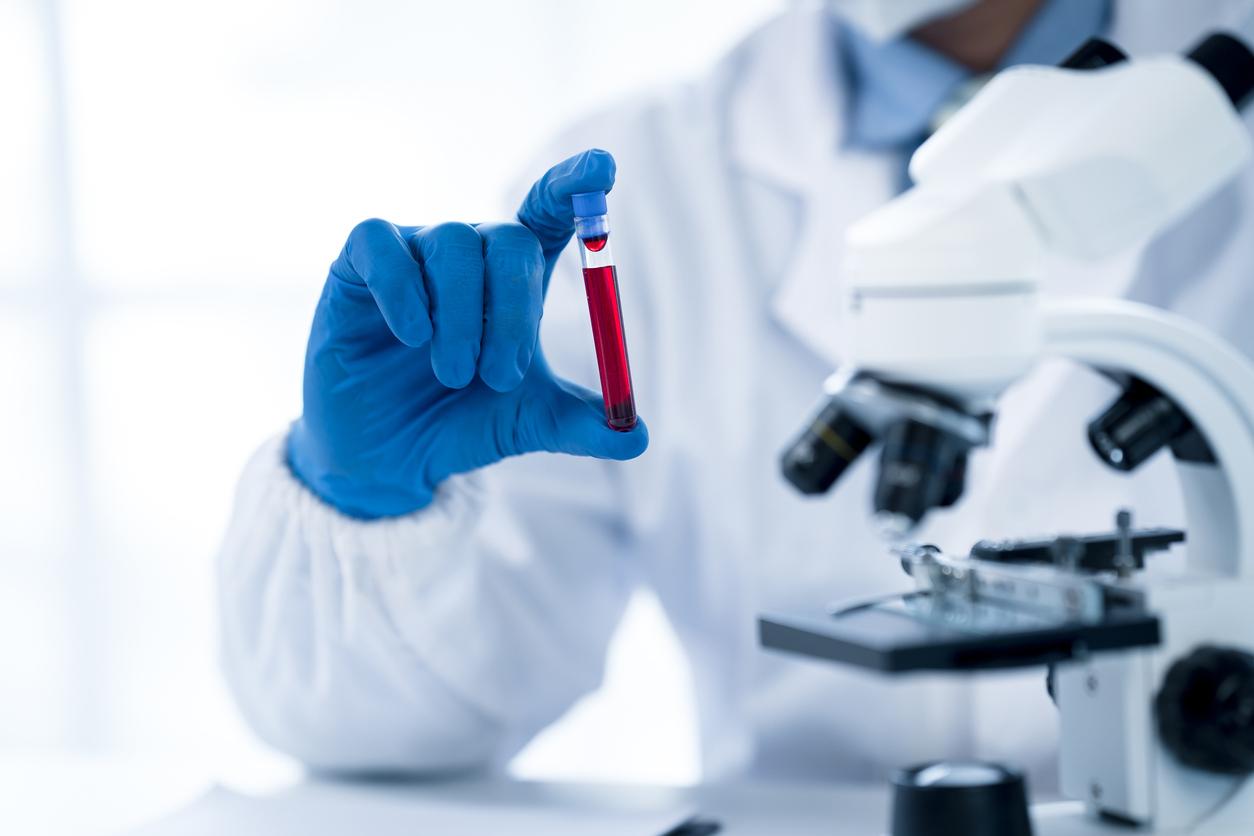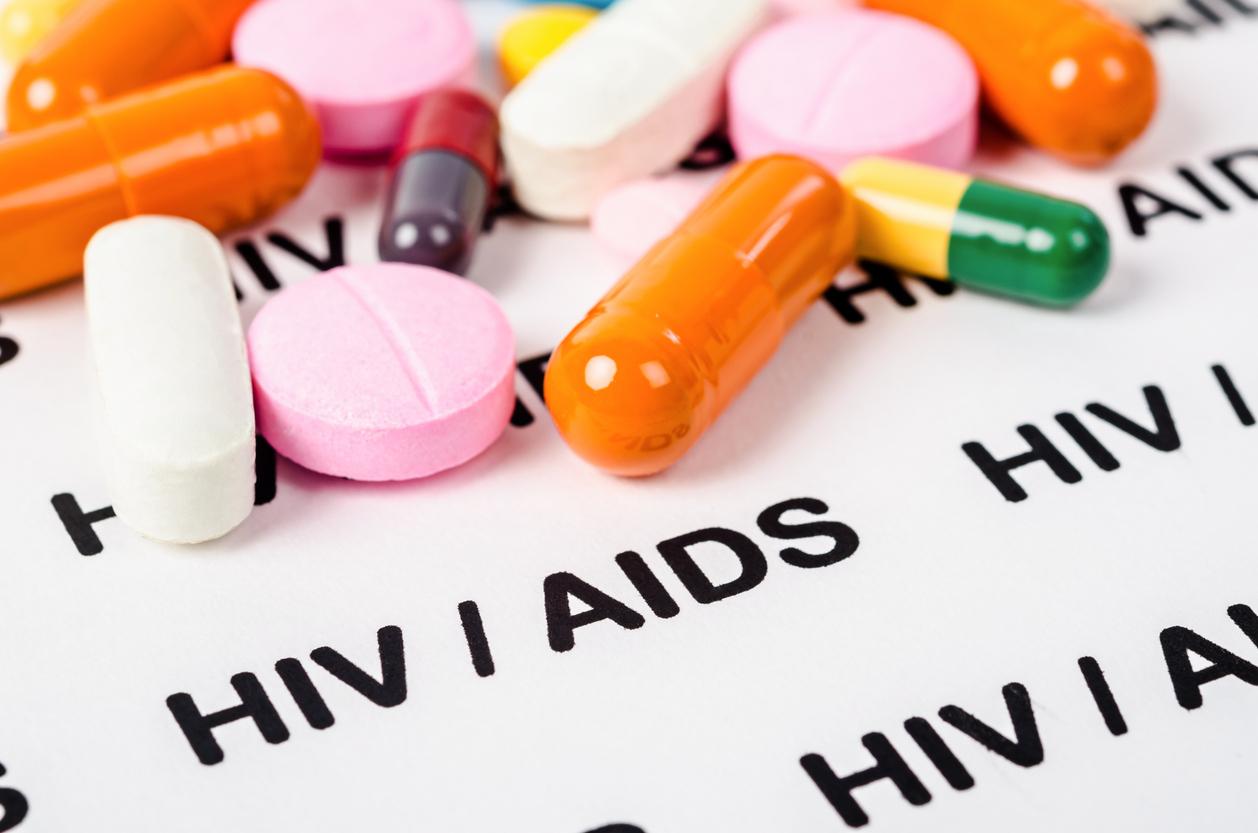Every year in France, around 5,000 people are victims, and the figures reflect a worrying reality: the diagnosis is often made at an advanced stage, when the tumor is already extensive or has metastasized to other organs.

- Stomach cancer is often diagnosed at an advanced stage, reducing the chances of cure.
- Mild and late symptoms complicate early diagnosis.
- Awareness, prevention and early detection are essential to improve prognosis.
Stomach cancer, also called gastric cancer, remains a formidable adversary in the fight against cancer. Late diagnosis is due to discreet and misleading symptoms. This situation considerably compromises the chances of recovery and reduces the life expectancy of patients.
The major difficulty lies in the very nature of the symptoms of stomach cancer. At an early stage, they are often discreet and non-specific, and can easily be confused with other, more benign digestive pathologies. Heartburn, feeling of heaviness after meals, fatigue, loss of appetite… These symptoms, although present, are generally not alarming enough to prompt immediate medical consultation.
It is when the symptoms worsen that the situation becomes more worrying. Intense abdominal pain, persistent nausea, vomiting, digestive problems… Faced with these warning signs, it is crucial not to delay consulting a doctor. Early diagnosis is indeed crucial to hope to cure stomach cancer.
A crucial diagnosis in the hope of a cure
The earlier stomach cancer is diagnosed, the greater the chances of cure. Surgery, combined with chemotherapy and/or radiotherapy, is the preferred curative treatment for localized tumors. This approach eliminates the tumor and limits the risk of recurrence.
However, when the diagnosis is made at an advanced stage, the treatment options are considerably reduced. Palliative chemotherapy then becomes the main treatment. Its aim is to slow the progression of the disease and relieve the patient’s symptoms, but a cure is generally no longer an option.
Promising research to improve prognosis
Despite the challenges and often poor prognosis for patients diagnosed at an advanced stage, research into stomach cancer is actively progressing. New therapeutic approaches, such as immunotherapy and targeted therapies, offer encouraging prospects for improving patient care and prognosis.
Immunotherapy stimulates the patient’s immune system to recognize and attack cancer cells.
Targeted therapies, on the other hand, specifically attack molecular abnormalities present in tumor cells, thus limiting the impact on healthy cells.
Awareness and prevention: essential weapons
Until more effective treatments become available, awareness and prevention remain essential weapons in the fight against stomach cancer.
Adopting a healthy, balanced diet, rich in fruits and vegetables, and low in red meat and processed products is a simple but crucial step to reduce the risk of developing this disease.
Limiting tobacco and alcohol consumption is also important, as these substances promote the occurrence of many cancers, including stomach cancer.
Finally, maintaining a normal body weight can also help reduce the risk of this disease.
Stomach cancer remains a major public health challenge. While the prognosis is often poor in cases of late diagnosis, promising research offers glimmers of hope for the future. Awareness, prevention and early detection remain essential actions to improve patient care and reduce the deadly impact of this disease.
















